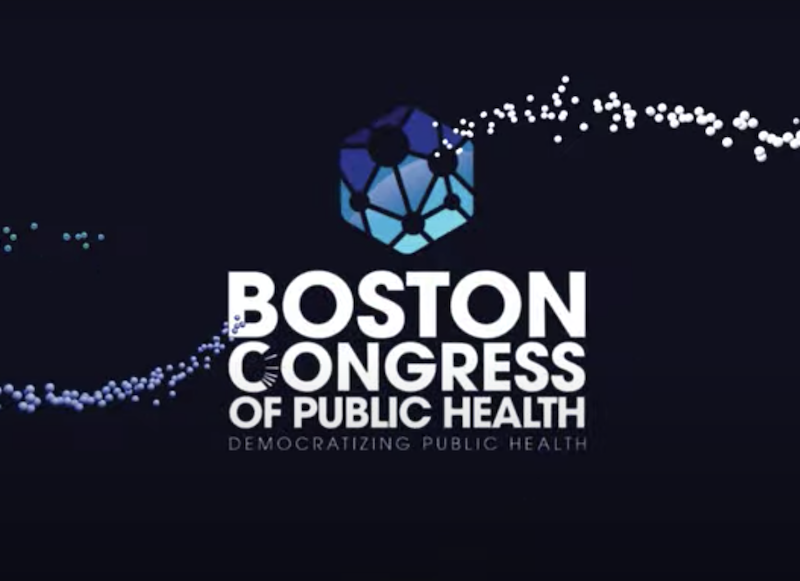Learn more about reproductive health in the Western Pacific here.
Between 1990 and 2013, maternal mortality ratio decreased by 50%, and under-5 child mortality rate decreased by 46% in the Eastern Mediterranean Region. Despite achievements made in reducing maternal and child mortality in the Region, progress in this respect fell short of meeting Millennium Development Goals (MDGs) 4 and 5. Around 26 000 mothers and 845 000 children under 5 years of age still die every year in the Region. 95% of these deaths take place in 9 countries in the Region.
Responding to this situation, a regional initiative on saving the lives of mothers and children was launched by WHO, the United Nations Population Fund and UNICEF jointly with Member States. Countries committed to obligations laid out in the Dubai Declaration, which detailed 7 key concrete actions to be taken by countriesto enable more women and children to access the health services they need. The Declaration was endorsed by the 60th session of the WHO Regional Committee for the Eastern Mediterranean in October 2013 in resolution EM/RC60/R.6.
Member States have demonstrated solid commitment while implementing maternal and child health acceleration plans to improve the health of women and children. The plans address issues that are critical to reducing morbidity and mortality among mothers and children, including a package of evidence-based interventions along with the continuum of care at community, primary health care and the first referral levels, immunization, nutrition, capacity-building of human resources, availability of live-saving commodities and strengthening of district health information systems.
The Region has unique challenges impacting health, nutrition and development outcomes. A large number of countries, especially countries with the highest burden of maternal and child mortality, are in the throes of armed conflict and insurgency and significant population displacement at different times. Some have also experienced major humanitarian emergencies in recent years. There are also challenges that relate to issues that may be unique to the Region, including the disproportionate number of consanguineous families and genetic disorders.





